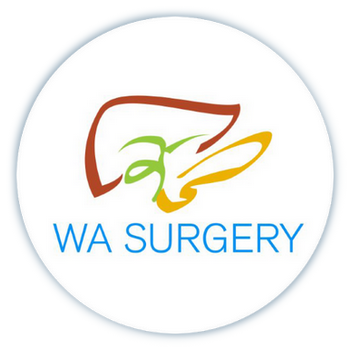Risks of hernia repair.
Preparing for your operation.
Home medication: Bring a list of medications you are taking. Some medications may have to be adjusted. Some medications can affect your recovery and response to anaesthesia.
Length of stay: You may stay overnight or more depending on your operation.
Anaesthesia: Let your anaesthetist know if you have allergies, neurologic diseases (epilepsy, stroke, etc.), heart disease, stomach problems, lung disease (asthma, emphysema), endocrine disease (diabetes, thyroid conditions), or loose teeth. Also let your anaesthetist know regarding smoking, alcohol intake, drug use, or any history of nausea and vomiting with anaesthesia.
The day of your operation.
After your operation.
You will be in the recovery room where your heart rate, blood pressure, breathing, urine output will be monitored. Once you are stable you will be transferred to the ward.
After surgery you will be in bed resting. It is important that following exercises are done to prevent complications such as chest infections and blood clots in your legs.
Breathing exercises:
Take five long and slow deep breaths. Each breath should be deeper than the previous breath.
Circulation exercises:
Firmly move your ankles up and down to stretch and contract your calf muscles.
How much pain will I experience post-operatively?
Most patients only experience mild to moderate pain, which is readily controlled with oral analgesia (painkillers).
You may experience some pain from your incisions, especially on movement. If you do, the nurses will give you analgesia.
At the time of discharge, you will be given a supply of painkillers. After about 7 days most of the discomfort should disappear.
Recovery and discharge.
Dr Bhandari will advise you regarding postoperative diet and nutrition.
You will also be advised regarding return to regular and daily activities.
Nurses in the ward will check your wound before discharge and suggest regarding dressing change.
On the day of discharge you will be given medication to take home. You will be explained regarding the timing and duration of medication to be taken
When can I start driving?
You should not drive for at least 48 hours after the laparoscopy. Before driving you should ensure that you could perform a full emergency stop, have the strength and capability to control the car, and be able to respond quickly to any situation that may occur.
Please be aware that driving whilst unfit may invalidate your insurance, and you should check with the conditions of your insurance policy as they do vary.
When can I return to work?
You can return to work as soon as you feel up to it. This will depend on how you are feeling and the type of work that you do. If you have a relatively sedentary job, then you may feel ready to return within 3-4 days.
If you are involved in manual labourer heavy lifting you need longer off work.
When to Contact Your Surgeons ?


Your message has been sent successfully…
